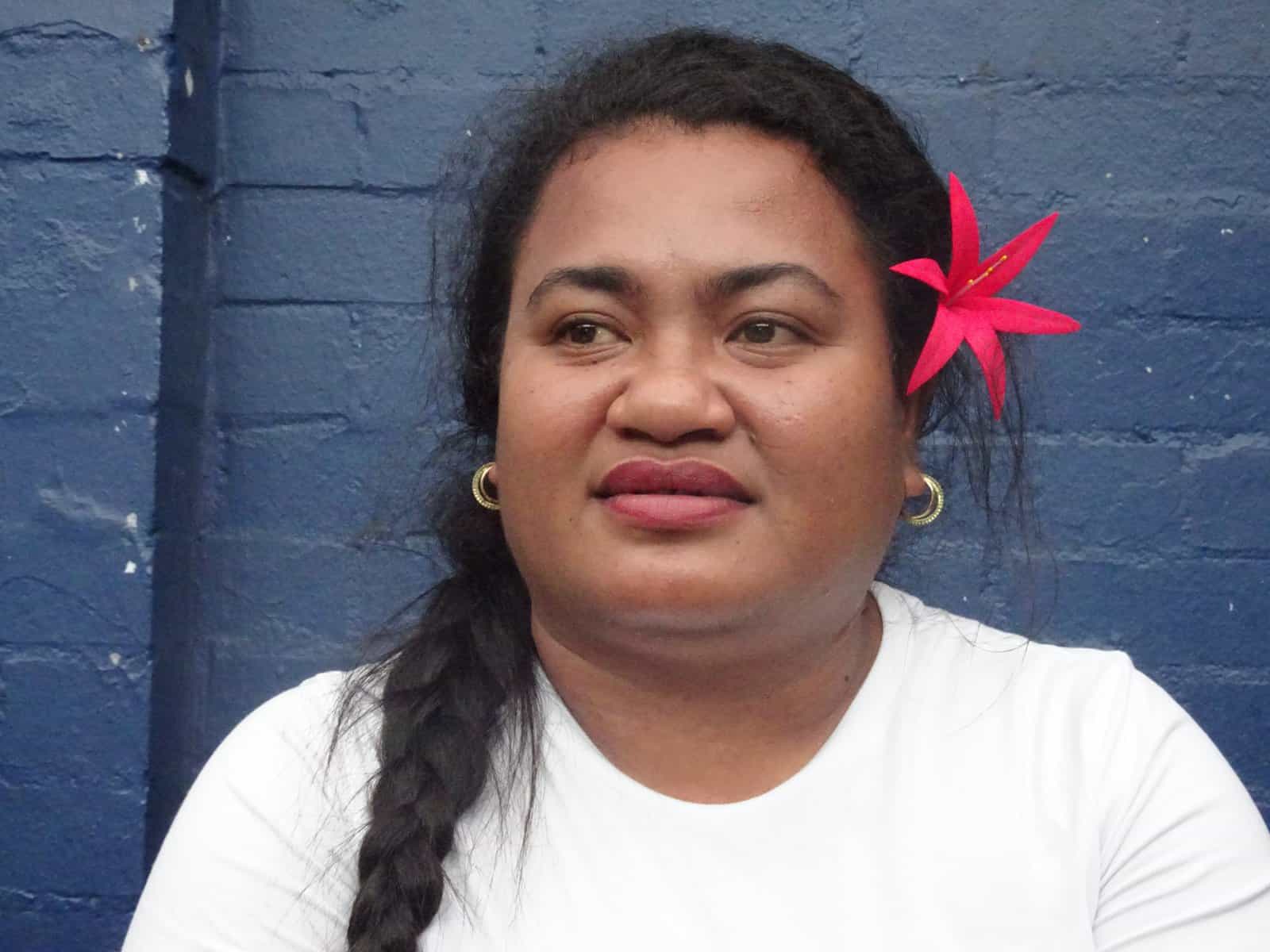It’s a warm night in Sydney. A neighbourhood climate action group gathers at a pub in the inner-city suburb of Rozelle, to meet a visiting delegation of Pacific climate justice activists.
For the six young advocates from Tuvalu and Kiribati, it’s a chance to share information with their Australian counterparts, and explain how young people across the Pacific region are responding to the climate emergency.
The delegation includes Robert Karoro, Miriam Moriati and Rabwena Ieete from Kiribati, joined by Marion Faleasiu, Aselu Vaguna O’Brien and Gitty Yee from Tuvalu. Hosted by . . .
Please Subscribe to view full content...
